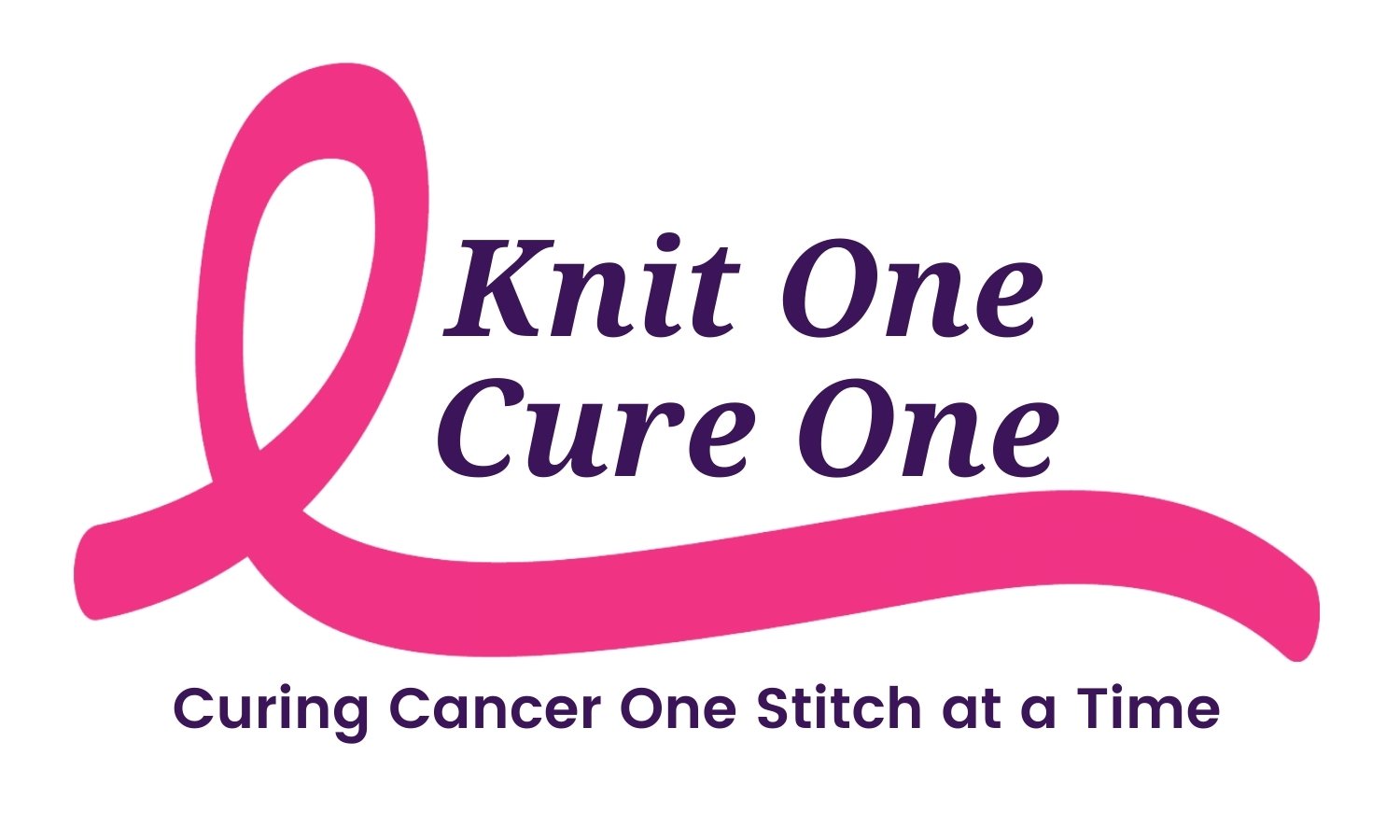Gabrielle Barone FOR Health Magazine, Winter 2024
Jeanne Mandelblatt is good at bringing things together, whether it’s coalescing disparate data to better understand how screening impacts cancer outcomes or threads of colorful yarn for a new knitted blanket. While she was working in East Harlem health centers with multigenerational underrepresented populations, Mandelblatt, the founder and inaugural director of the Georgetown Lombardi Institute for Cancer and Aging Research, became interested in how the various social determinants of health she saw could affect both well-being and how people seek health care. She focused on cancer, aging, and disparities, “because those are intertwined in complex and interesting ways” and hadn’t yet become more widely studied.
“Aging is the leading cause of cancer,” says Mandelblatt, a geriatrician by training. “The majority of cancer patients are 60 to 65, or older. Three-quarters of cancer survivors are older.” As the population rapidly ages, the need for understanding aging is becoming increasingly urgent to our efforts to prevent, detect, and treat cancer in older persons.
“Being part of a university environment provides you with opportunities to collaborate with experts from a variety of disciplines,” says Mandelblatt.
“What’s really fun about being a scientist is that ability to contribute and make a difference,” she says. Her early research helped get Medicare benefits to cover early Pap smear screenings. She continues to study the impact of changes in risk, screening, and treatment on U.S. population cancer trends through the Cancer Intervention and Surveillance Modeling Network, known as CISNET, including use of the CISNET models to inform screening guidelines and determine factors contributing to racial group mortality gaps.
After being awarded a seven-year NCI Outstanding Investigator Grant in 2015 for research on the intersections of aging, cancer, and health, she received a new grant this year: $600,000 annually for another seven years.
Mandelblatt’s latest research uses animal and human studies to discover pathways whereby adverse social determinants accelerate cellular aging and risk of poor cancer outcomes. She is also seeking to identify impacted specific cellular pathways that might be leveraged to reverse or stop more aging using behavioral or pharmaceutical interventions.
While she enjoys the quantitative aspect of research, she hasn’t lost her passion for the qualitative: working with patients. “I went into medicine because I really love working on the frontlines with people. And I want to make sure my research is helping real people with real problems.”
Outside of the laboratory, Mandelblatt has a passion for mentoring—and knitting. Knitting has been found to improve concentration, so she will often work on a scarf, blanket, or other yarn project during meetings. She founded a charity called Knit One, Cure One; proceeds of the sale of their wearable art goes to fighting cancer. The second charity she founded, Walking Warriors, also raises funds for the cancer community
